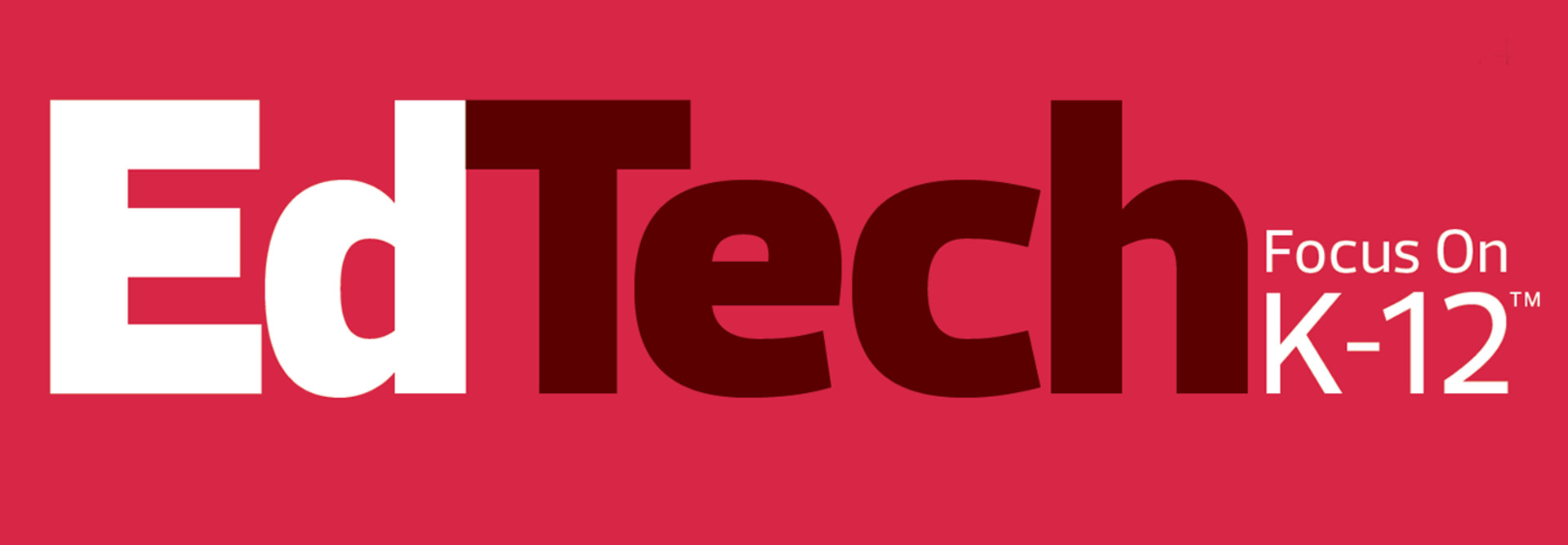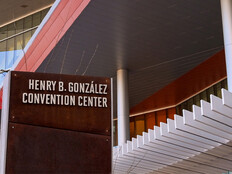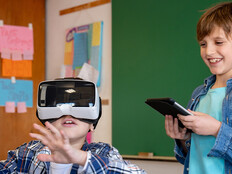Setting the Record Straight on a Few K–12 Misconceptions
The Oxford English Dictionary defines "misconception" as "a view or opinion that is incorrect because it is based on faulty thinking or understanding."
Like most industries, K–12 education is rife with misconceptions. The only way to subvert — and eradicate — such misconceptions is through education. This issue examines a few of them.
Spelling Things Out
"The flip" is one of the hotter trends in education today. But there's a lot of confusion out there, even among teachers, about what it means to flip the classroom — or learning, for that matter.
As the Flipped Learning Network's Kari M. Arfstrom, Ph.D., writes in "What’s the Difference Between a Flipped Classroom and Flipped Learning?", flipped classrooms and flipped learning are not synonymous.
What's the difference? Arfstrom clarifies these terms in our inaugural Fact or Fallacy, which aims to unravel false tech-related beliefs.
You know what else isn't synonymous? Snow days and school cancellations. In "Turning Snow Days Into E-Learning Days", IT leaders and educators explain how online resources can deliver continuity of learning even in the face of foul weather and other challenges.
"As we progress into the 21st century, more schools will pursue continuity of learning strategies as they see other districts have success," says Dr. Leanna Archambault, an associate professor in the Mary Lou Fulton Teachers College at Arizona State University whose research interests include online learning. "There's no logical reason to not do it as long as students have Internet and computer access."
Even the traditional school day may need rethinking, says 2013 National Teacher of the Year Jeff Charbonneau, who graces our cover and is interviewed by EdTech editor Marla Clark.
"Can we have the school open from 6 in the morning until 9 at night so we can also teach courses for parents in the community?" he asks. "Let's start doing that — let's be advocates, not only for the students who are in our classroom, but also for those in the community who aspire to be lifelong learners."
There's an expression that goes something like this: "I thought I was wrong once, but I was mistaken." It's OK to be both, as long as we learn from it.









